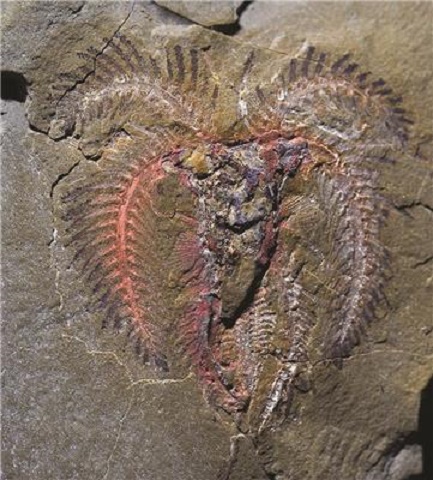-

Astronomy: Evidence of Martian life could be hard to find in some meteorite blast sites
-

UK: Rare discovery of Late Roman official buried in Leicester
-

United Kingdom: Britain has kept the ‘Elgin Marbles’ for 200 years – now it's time to pass them on
-

UK: Metal detectorist finds 1400-year-old Saxon grave
-

Morocco: Spectacular Moroccan fossils redefine evolutionary timelines
-

Earth Science: Researchers explain why the Greenwich Prime Meridian moved